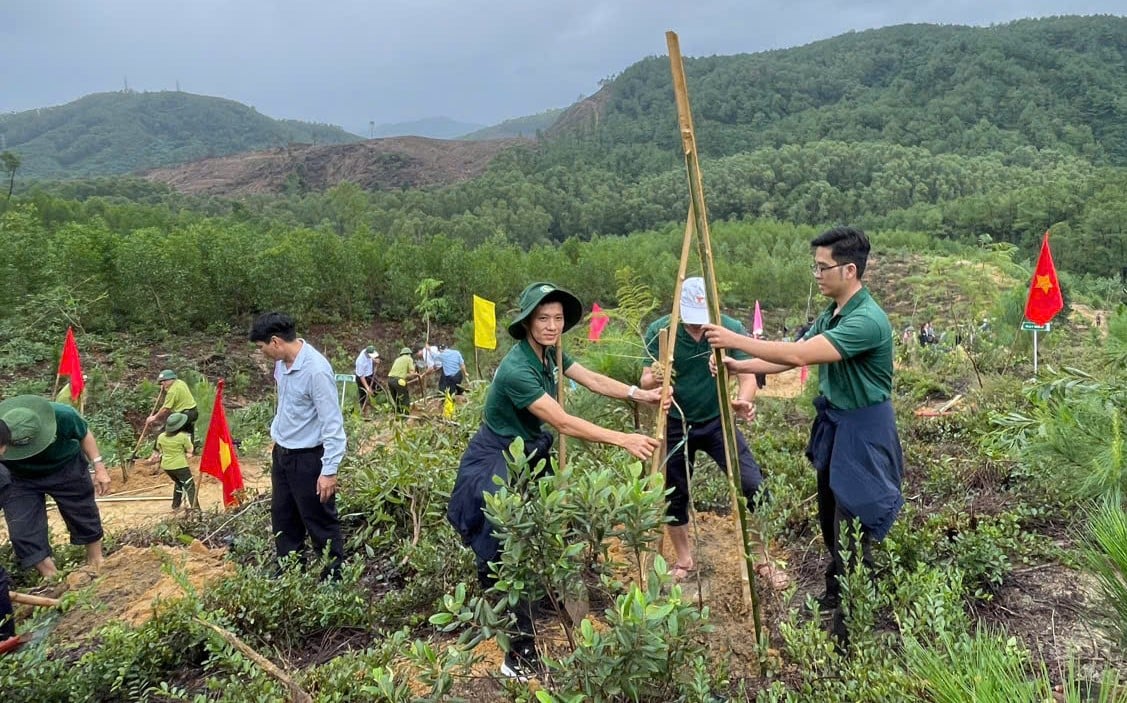 |
| Project communications spread the message of green cities and encourage community participation in Hue |
The project "Integrating climate change resilience and environmental protection to develop green cities of type II" funded by the Global Environment Facility (GEF) through the Asian Development Bank (ADB) will be implemented from 2020 to 2025, approved by the Prime Minister in Decision No. 1226/QD-TTg dated September 18, 2019 and approved by the Minister of Natural Resources and Environment (now the Ministry of Agriculture and Environment ) in Decision No. 245/QD-BTNMT dated January 30, 2020.
The project was piloted in 3 localities: Hue, Tuyen Quang (formerly Ha Giang City) and Phu Tho (formerly Vinh Yen City), including 4 main components: Building a national policy framework for environmental protection and climate change resilience; Piloting sustainable urban development solutions in Hue, Ha Giang and Vinh Yen (now Tuyen Quang and Phu Tho); Building and testing new financial solutions to prevent climate risks in Hue; Strengthening support for comprehensive environmental planning and climate adaptation at the provincial/municipal level.
Currently, the project is implementing the task of "Developing and implementing communication activities on greenhouse gas (GHG) inventory, climate vulnerability assessment, ecological assessment, circular economy (CEE), green public procurement... for managers, people, and businesses". The goal is to raise awareness among managers, people, and businesses about GHG inventory, climate vulnerability assessment, ecological assessment, CEE, green public procurement, low carbon emissions and low pollution; disseminate project activities and results through the media.
Ms. Tran Thi Quynh Anh, Project Coordinator, introduced an overview of the project and some of the outstanding results achieved, including solutions to integrate climate change resilience into infrastructure development and environmental protection in urban areas. At the same time, the consulting unit introduced in detail the project's communication plan to spread the message of green cities and encourage community participation.
According to Ms. Tran Thi Quynh Anh, in order to create green, safe and adaptive living spaces, cities need to implement synchronous solutions. This includes perfecting policies, innovating technology, mobilizing financial resources and raising public awareness. These efforts not only help cities respond more effectively to climate impacts, but also contribute to building a sustainable living environment for both the present and the future.
Many opinions discussed and exchanged by delegates focused on the objectives, results, and communication plans to support the project in achieving its set tasks, while also serving the professional work of relevant units and localities on climate change, green growth, circular economy, etc. Mr. Huynh Thanh Long, a delegate from Hoa Chau ward, said that climate change is becoming increasingly complex and unpredictable, causing flooding, traffic congestion, and requirements for waste and wastewater management, forcing localities to transform towards sustainability. The project "Integrating climate change resilience and environmental protection to develop green urban areas of type II" in Hue city has made an important contribution to helping local management agencies and businesses understand what greenhouse gas inventory, circular economy, etc. are, and assess vulnerability for implementation in practice, in accordance with the scale and conditions of the locality.
Mr. Nguyen Cong Binh, Deputy Head of the Department of Irrigation and Climate Change, Department of Agriculture and Environment of Hue City, said: The project implemented in Hue will contribute to strengthening institutional capacity for environmental protection and climate change resilience for green development, contributing to reducing environmental pollution, enhancing the ability to respond to climate change through implementing research activities, communication to raise awareness, and training to enhance capacity at the local level.
Experts also analyzed specific solutions for sustainable urban development in pilot localities of the project, the contribution of technical activities to localities, the contents that climate change studies focused on within the framework of the project. Along with that, solutions for pilot urban development, communication objects of the project; issues after the project ends, how localities will expand activities; difficulties, obstacles and solutions in the process of implementing the project in the context of the new 2-level government coming into operation... were also "dissected" frankly. According to experts, after the project ends, with 2 components implemented by the Ministry of Agriculture and Environment, 3 localities that directly benefit will have conditions to improve capacity and awareness, continue to implement policies. The project results will also support the process of drafting legal documents and a number of other plans, thereby helping localities orient specific and effective activities.
Also according to Mr. Nguyen Trung Thang, Deputy Director of the Project Management Board, in the face of increasing challenges from climate change and environmental pollution, the project is being implemented in Hue to strengthen institutional capacity for environmental protection and climate change resilience to serve green development of type II cities. This is an effort to implement Vietnam's strong commitment to implementing sustainable development goals, responding to climate change and preserving the living environment for future generations.
Source: https://huengaynay.vn/kinh-te/long-ghep-bao-ve-moi-truong-de-phat-trien-cac-do-thi-xanh-158075.html


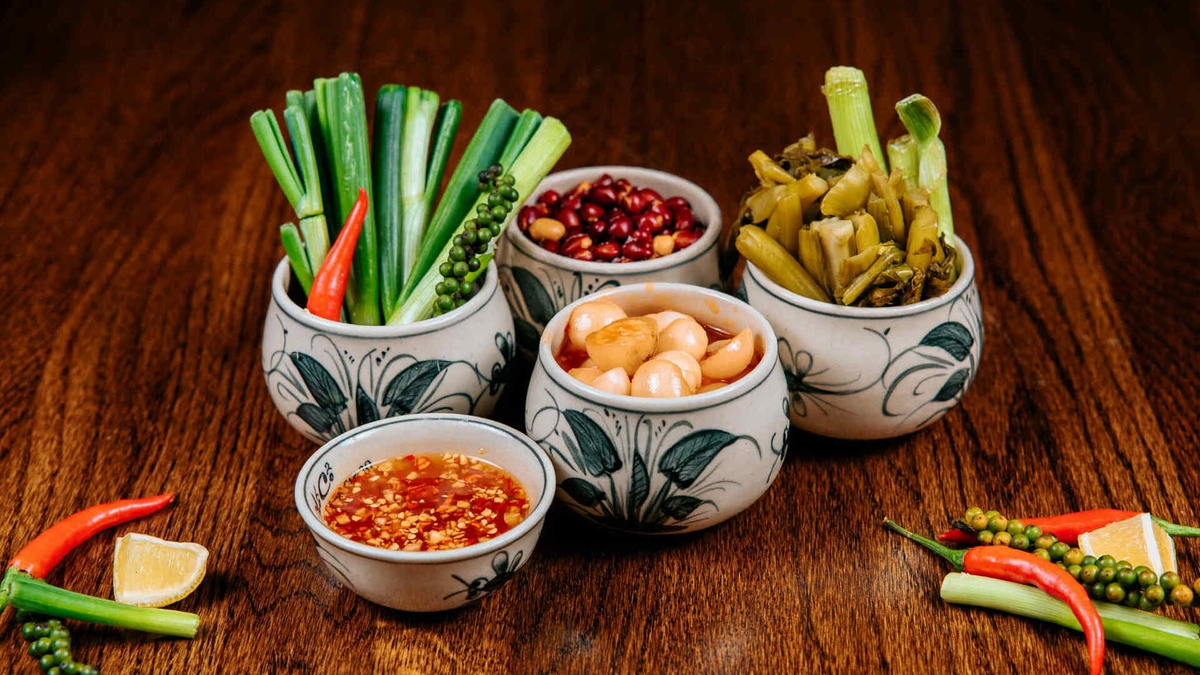

![[Photo] The "scars" of Da Nang's mountains and forests after storms and floods](https://vphoto.vietnam.vn/thumb/1200x675/vietnam/resource/IMAGE/2025/11/13/1762996564834_sl8-jpg.webp)


![[Photo] Prime Minister Pham Minh Chinh attends a conference to review one year of deploying forces to participate in protecting security and order at the grassroots level.](https://vphoto.vietnam.vn/thumb/1200x675/vietnam/resource/IMAGE/2025/11/12/1762957553775_dsc-2379-jpg.webp)


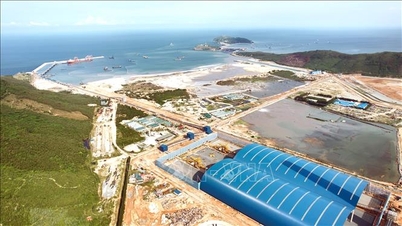

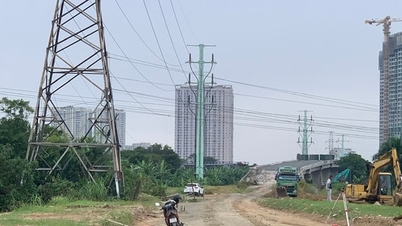

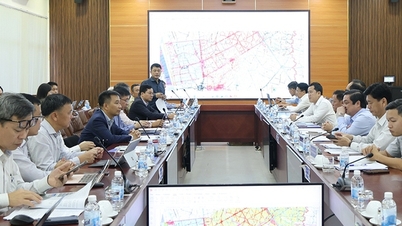





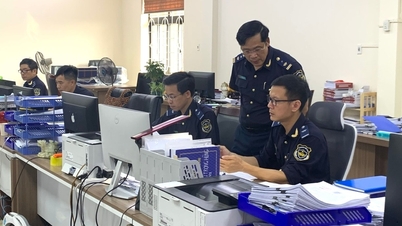

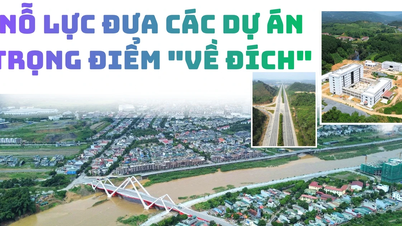

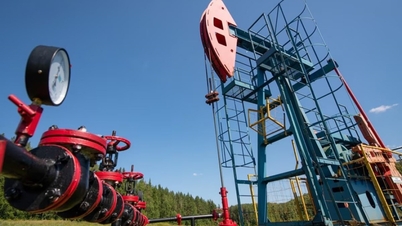













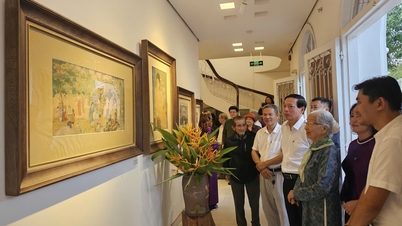

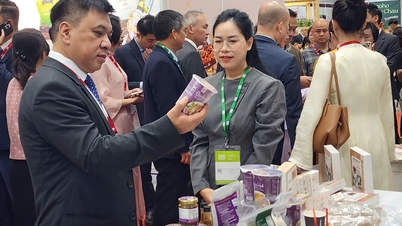
![[Photo] Highways passing through Dong Nai](https://vphoto.vietnam.vn/thumb/1200x675/vietnam/resource/IMAGE/2025/11/12/1762940149627_ndo_br_1-resize-5756-jpg.webp)



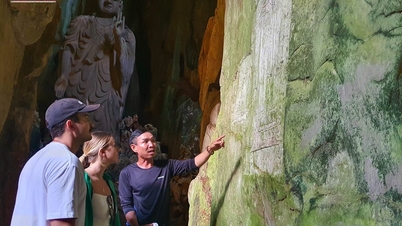
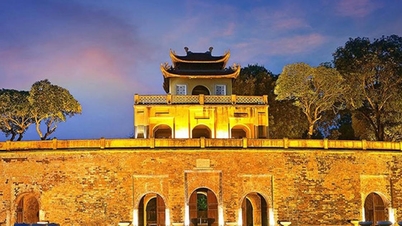




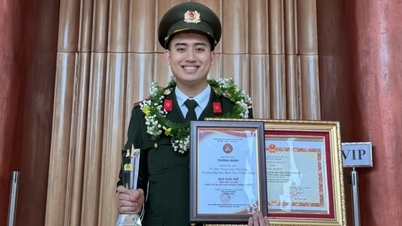

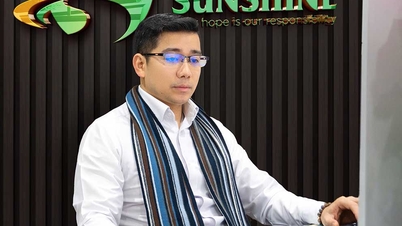

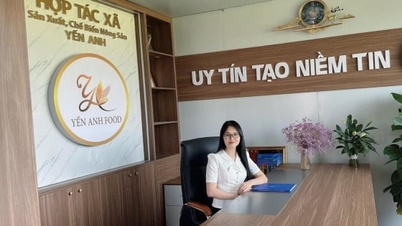

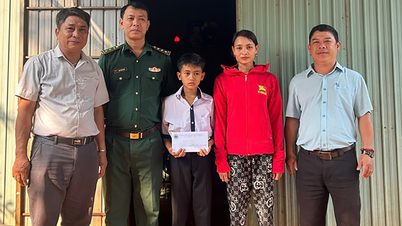




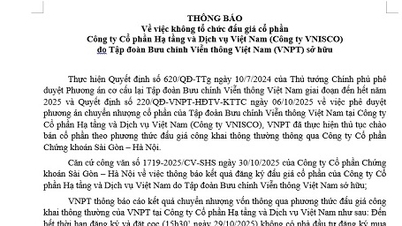


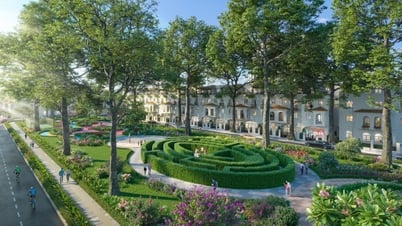

















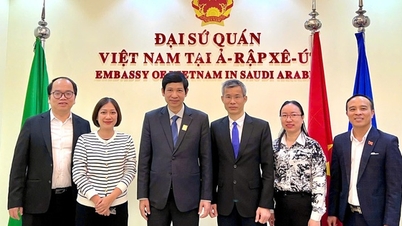

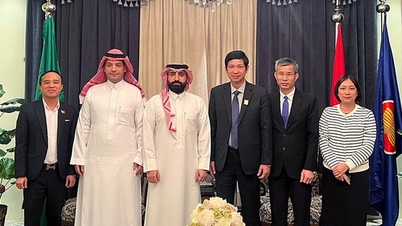
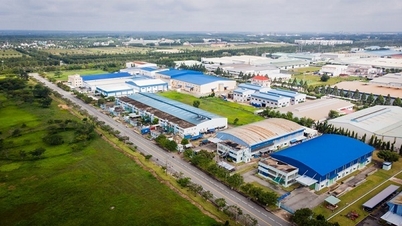

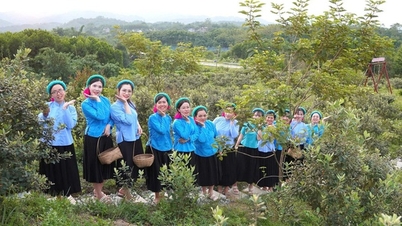
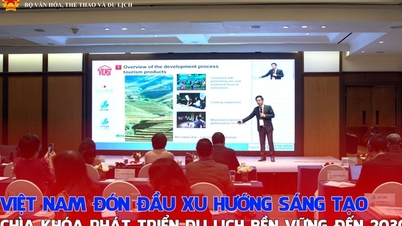


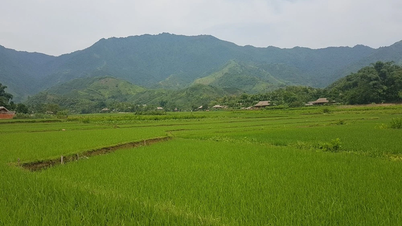
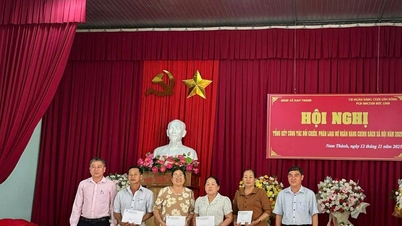



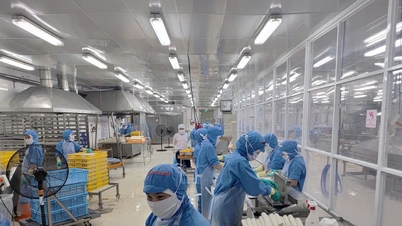





![Dong Nai OCOP transition: [Article 3] Linking tourism with OCOP product consumption](https://vphoto.vietnam.vn/thumb/402x226/vietnam/resource/IMAGE/2025/11/10/1762739199309_1324-2740-7_n-162543_981.jpeg)





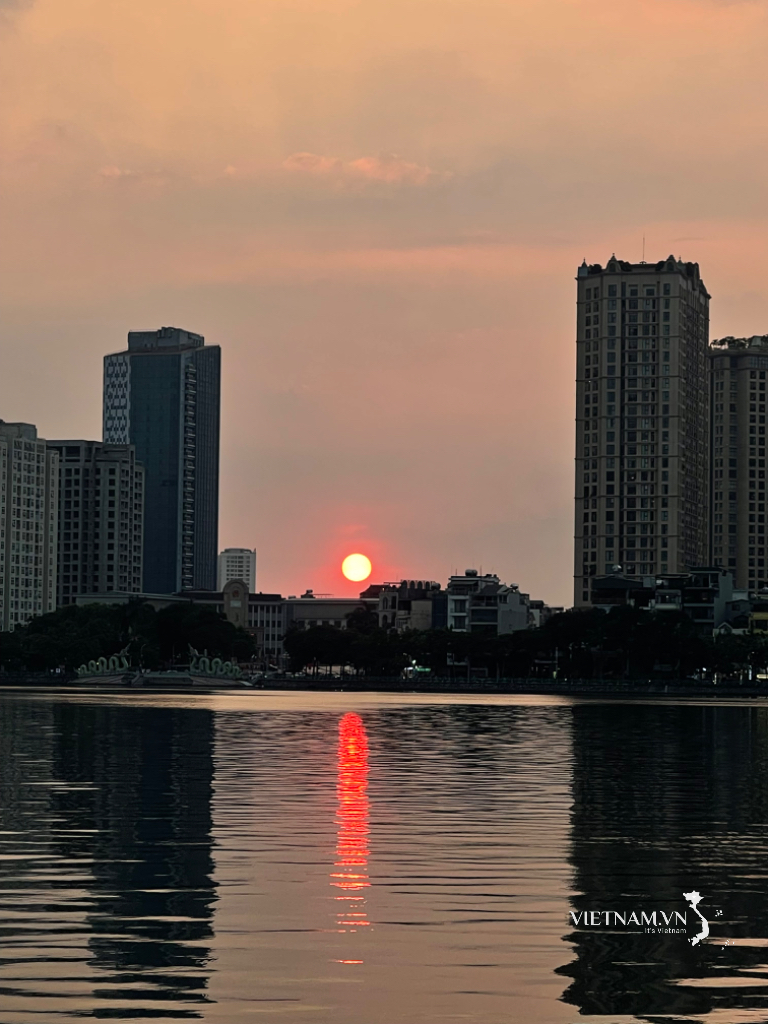


Comment (0)